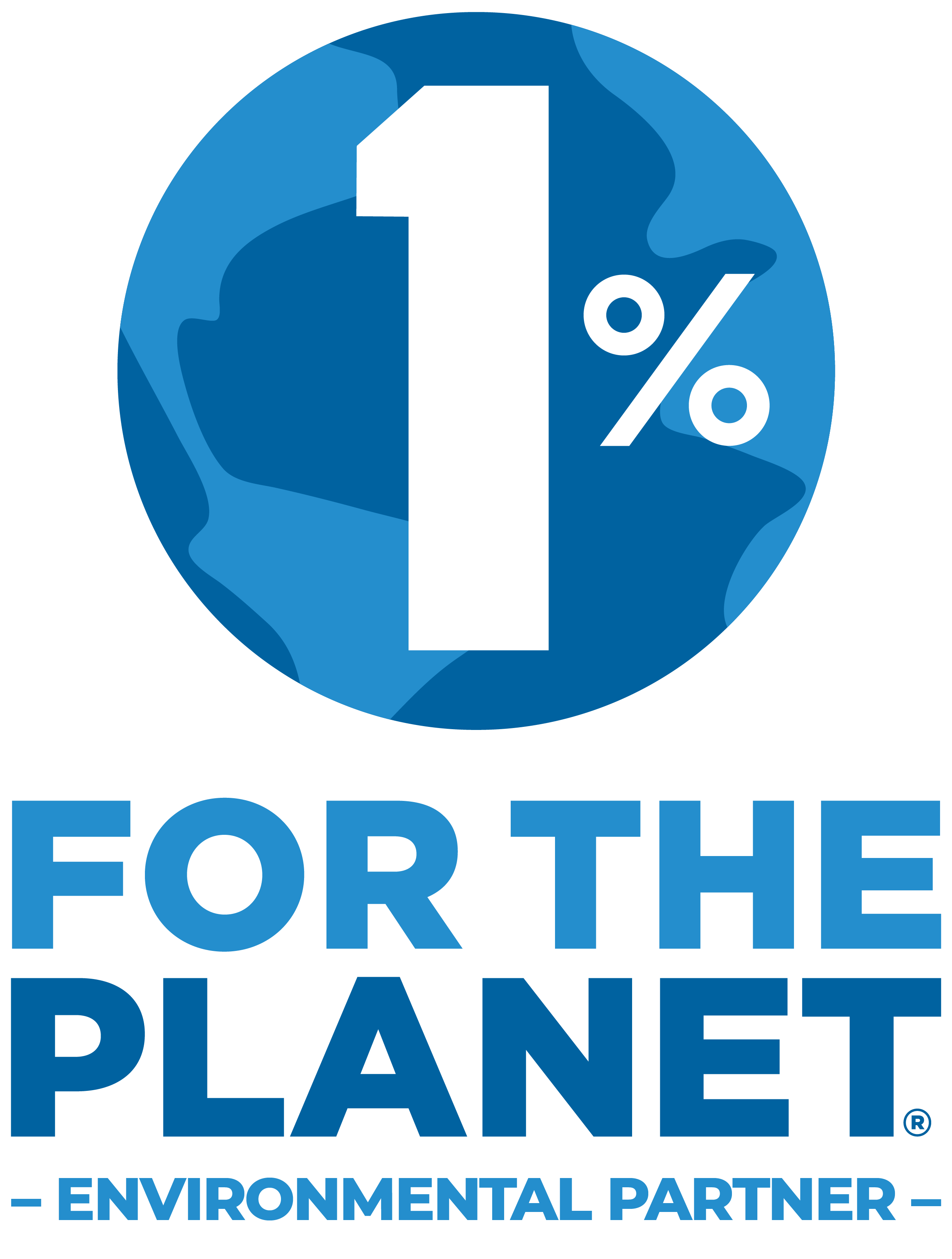Active banners: 0 Visible banners: 0
Climate Commitments: School Board Resolution Toolkit
Provided by: Climate Generation |Published on: May 20, 2021
Activity - Classroom
6789101112
Synopsis
- This toolkit provides action steps for students to present and pass a climate resolution through their school district's school board, focusing on MN schools.
- The toolkit includes a template that will guide students as they write their resolution.

Subjects: Civics
Authors: Climate Generation
Region: North America, USA - Midwest, United States, Global, Minnesota
Languages: English
Teaching Materials
Positives
- The toolkit gives step-by-step directions for students to take action in their community.
- Climate Generation will provide individual support to help students build a climate strategy.
- The school board resolution template is a strong start for students.
Additional Prerequisites
- To download the toolkit, teachers need to enter an email and type in a code sent to the email address.
- The links to Youth Environmental Activists and iMatter on page 4 do not work.
Differentiation
- This project could be a school-wide initiative. Older students could build leadership skills by visiting younger students' classrooms to talk about the project and explain the importance of climate education and civic engagement.
- Students in private or charter schools can research who they should appeal to in order to advocate for climate education in their own institutions.
Scientist Notes
Teaching Tips
Standards
Resource Type and Format
About the Partner Provider

Climate Generation
Climate Generation is a nationally connected nonprofit dedicated to climate literacy, climate change education, youth leadership, and community engagement for innovative climate change solutions. Climate Generation empowers individuals and their communities to engage in solutions to climate change. Their vision is a world of resilient communities with equitable solutions to climate change.
All resources can be used for your educational purposes with proper attribution to the content provider.



